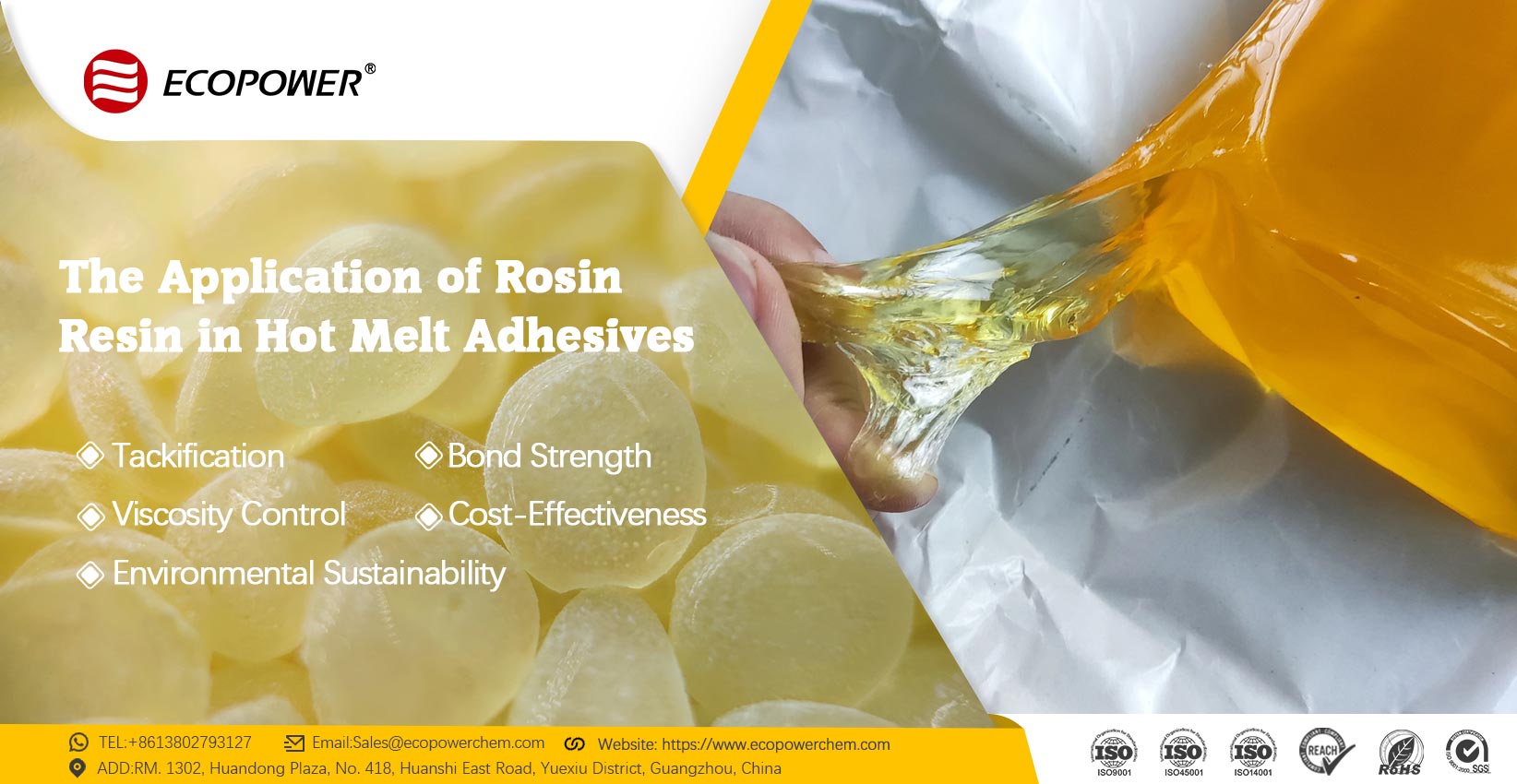 Whatsapp us
Whatsapp us
Schmelzklebstoff, auch Heißkleber genannt, ist ein thermoplastischer Klebstoff, der seinen physikalischen Zustand bei Temperaturschwankungen innerhalb eines bestimmten Bereichs ändert. Es verfestigt sich bei niedrigen Temperaturen und wird bei hohen Temperaturen fließfähig, wobei seine chemischen Eigenschaften unverändert bleiben. Es ist ungiftig, geruchlos und gilt als umweltfreundliches chemisches Produkt. Aufgrund seiner festen Beschaffenheit lässt es sich gut verpacken, transportieren und lagern und ist lösungsmittelfrei, umweltfreundlich und ungiftig. Darüber hinaus ist es aufgrund seines einfachen Produktionsprozesses, seines hohen Mehrwerts, seiner starken Klebekraft und seiner schnellen Klebegeschwindigkeit äußerst beliebt.
Derzeit verarbeitet die Kolophoniumindustrie hauptsächlich Kolophoniumharze für die Schmelzklebstoffindustrie, weshalb Studien und Forschung unerlässlich sind. Angesichts der zunehmenden Besorgnis über potenzielle Gefahren, die von verschiedenen Alltagsprodukten ausgehen, sowie der Entwicklung der Volkswirtschaften weltweit erweitert sich der Anwendungsbereich von Schmelzklebstoffprodukten. Vor allem in Europa, den USA und asiatischen Ländern wie Japan und Südkorea werden Klebstoffe auf Lösungsmittelbasis verwendetProdukte werden zunehmend durch Schmelzklebstoffprodukte ersetzt.
Es gibt verschiedene Arten von Schmelzklebstoffen, aber ihre Gesamtformulierung besteht typischerweise aus Grundharzen, Klebrigmachern, Viskositätsmodifikatoren und Antioxidantien. Zu den Haupttypen gehören Schmelzklebstoffe auf Polyolefinbasis, Schmelzklebstoffe Ethylen-Vinylacetat (EVA), Schmelzklebstoffe auf Polyesterbasis, umweltfreundliche Schmelzklebstoffe und haftschmelzklebstoffe und wasserbasierte Schmelzklebstoffe.
Davon werden häufig EVA-basierte Schmelzklebstoffe, umweltfreundliche Schmelzklebstoffe (für Holz- und Papierverbundstoffe), druckempfindliche Schmelzklebstoffe und wasserbasierte Schmelzklebstoffe verwendet Arten von Kolophoniumharzen als Klebrigmacher. Die Eigenschaften und Kosten von Schmelzklebstoffen werden durch die Auswahl verschiedener Arten von Kolophoniumharzen, unterschiedliche Anteile und die Mischung mit verschiedenen klebrigmachenden Harzen angepasst.
Weitere Produktliste
